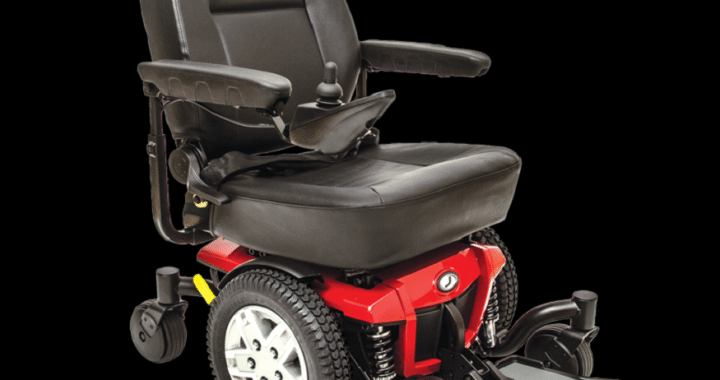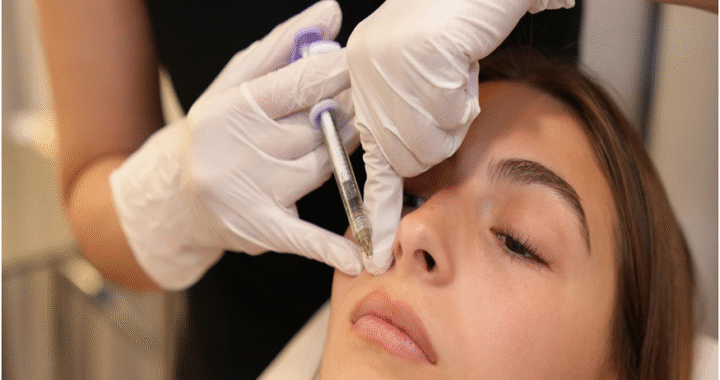Tips for Staying Committed During Outpatient Rehab

Outpatient rehab is an important step toward recovery from addiction or mental health challenges. It allows you to receive treatment while living at home and continuing with your daily responsibilities. However, staying committed during out patient rehab Los Angeles can be challenging as you navigate triggers and temptations in your everyday life. Here are some practical tips to help you stay on track and make the most of your outpatient program.
1. Set Clear Goals
Whether it’s improving your health, rebuilding relationships, or staying sober, write down your goals and remind yourself of them daily. Break these goals into smaller, manageable steps so you can celebrate progress along the way.
2. Follow Your Treatment Plan
Your outpatient rehab program will include a personalized treatment plan, such as therapy sessions, group meetings, and possibly medication. Commit to attending every session and following through with the recommendations from your care team. Consistency is key to recovery.
If you feel overwhelmed or unsure about any part of your treatment, communicate openly with your counselor or therapist.
3. Build a Strong Support System
Surround yourself with people who support your recovery. This could include family, friends, or peers you meet in group therapy. Share your progress and struggles with them, and don’t hesitate to ask for help when you need it.
You might also consider joining support groups like Alcoholics Anonymous (AA), Narcotics Anonymous (NA), or others that align with your recovery journey. These groups provide a sense of community and accountability.
4. Create a Structured Routine
A consistent daily routine can help you stay focused and avoid unhealthy habits. Plan your days to include time for therapy, work or school, healthy meals, exercise, and self-care. Structure reduces the chances of boredom or wandering into risky situations.
5. Learn and Use Coping Skills
Outpatient rehab will teach you coping skills to manage stress, cravings, and triggers. Practice techniques like deep breathing, mindfulness, journaling, or distracting yourself with positive activities when faced with challenges.
6. Celebrate Small Wins
Recovery is a journey, not a race. Did you make it through a tough day without giving in to cravings? Celebrate that! Positive reinforcement helps build confidence and motivates you to keep going.
7. Avoid Triggers
Identify the people, places, or situations that tempt you to return to old habits, and avoid them whenever possible. If you must face a trigger, have a plan in place, such as calling a friend, attending a meeting, or using a coping skill to stay strong.
8. Be Patient with Yourself
Recovery takes time, and setbacks can happen. If you stumble, don’t be too hard on yourself. Reflect on what went wrong, learn from the experience, and keep moving forward. Progress is about resilience, not perfection.
Final Thoughts
Staying committed during outpatient rehab isn’t always easy, but it’s worth it. With clear goals, a strong support system, and a commitment to your treatment plan, you can build a healthier, more fulfilling life.

 The Quiet Factors That Define a Reliable Angiography Device
The Quiet Factors That Define a Reliable Angiography Device  Renting medical equipment can make moving around and being comfortable easier
Renting medical equipment can make moving around and being comfortable easier  Finding the Best ObGyn Near Me: What Every Woman Should Know
Finding the Best ObGyn Near Me: What Every Woman Should Know  Repairing the Body with Hyperbaric Oxygen Therapy
Repairing the Body with Hyperbaric Oxygen Therapy  Non-Pharmacological Management of COPD: Beyond Medication
Non-Pharmacological Management of COPD: Beyond Medication  Launching a Virtual Nursing Program: Crawl, Walk, Run
Launching a Virtual Nursing Program: Crawl, Walk, Run  Behavior Health / Addiction: Understanding Care, Treatment, and the Path to Recovery
Behavior Health / Addiction: Understanding Care, Treatment, and the Path to Recovery  Lip Fillers in Toronto at BeautyOne Clinic: Enhancing Your Natural Confidence
Lip Fillers in Toronto at BeautyOne Clinic: Enhancing Your Natural Confidence  Unlocking Wellness Within: Vitamin Shots & IV Treatment at Victoria Rose Aesthetics Clinic in Pickering
Unlocking Wellness Within: Vitamin Shots & IV Treatment at Victoria Rose Aesthetics Clinic in Pickering